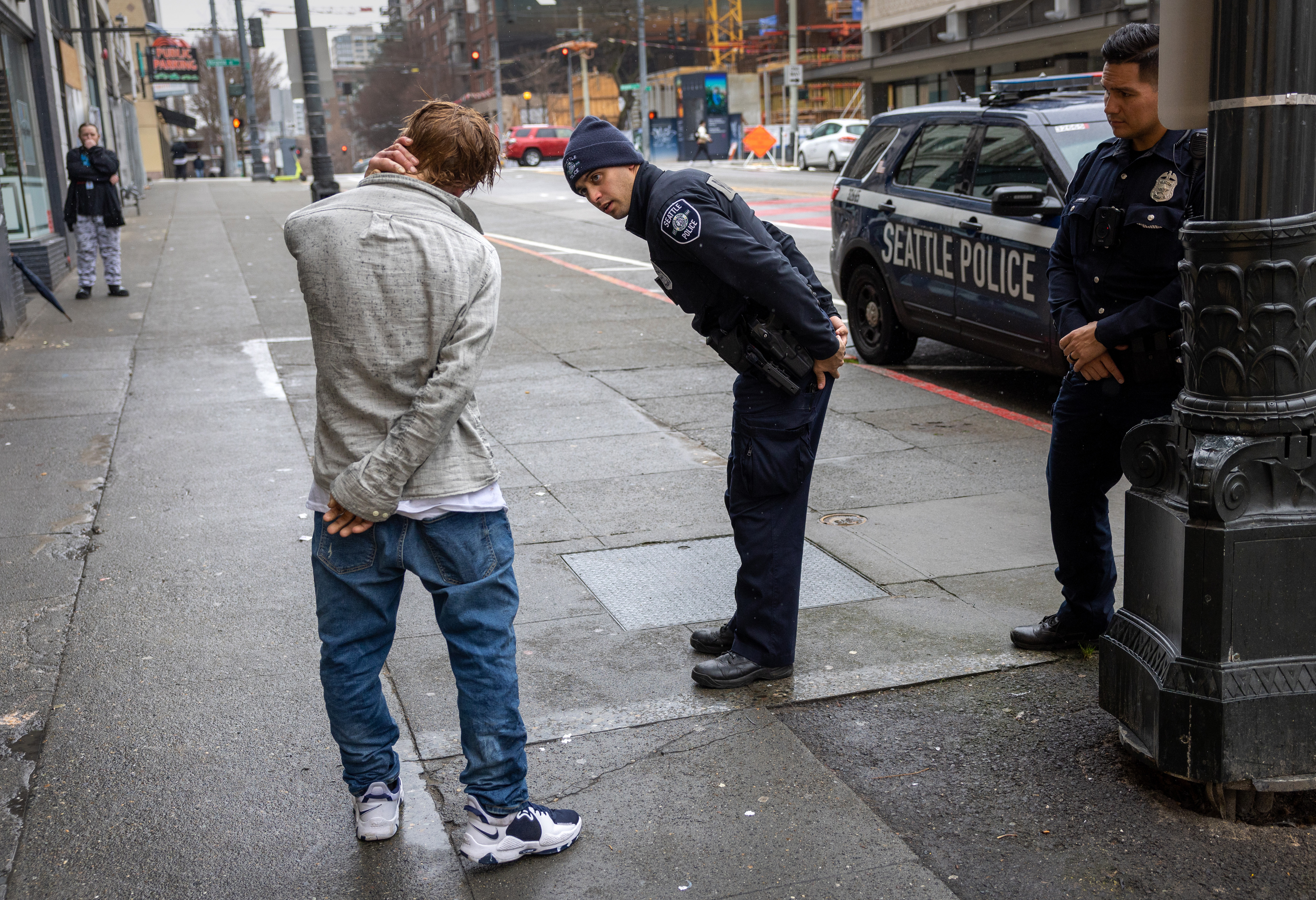- cross-posted to:
- politics@lemmy.world
- cross-posted to:
- politics@lemmy.world
America’s drug overdose crisis is out of control. Washington, despite a bipartisan desire to combat it, is finding its addiction-fighting programs are failing.
In 2018, Republicans, Democrats and then-President Donald Trump united around legislation that threw $20 billion into treatment, prevention and recovery. But five years later, the SUPPORT Act has lapsed and the number of Americans dying from overdoses has grown more than 60 percent, driven by illicit fentanyl. The battle has turned into a slog.
Even though 105,000 Americans died last year, Congress is showing little urgency about reupping the law since it expired on Sept. 30. That’s not because of partisan division, but a realization that there are no quick fixes a new law could bring to bear.



It’s unfortunate that Oregon didn’t setup the necessary infrastructure and processes that are used by countries who have successfully decriminalized drugs. Cops often walk by people doing hard drugs on the street rather than doing their jobs. There isn’t anyone forcing addicts into treatment if there’s continued recidivism, and perhaps most importantly - the biggest factors driving people on the streets to use drugs (no money, no stable housing, no mental health counseling, etc.) are not being addressed.
Many people would rather see measure 110 fail so they can go back to prohibition (which obviously doesn’t work). Decriminalization and legalization are cheaper and more humane, but progress requires multiple parts of the government to actively help people.
Yup. Everyone talks about wanting to follow “The Portugal model”, but failed to recognize:
a) Portugal still has punishments for non-compliance.
b) Portugal has universal health care.
Decriminalizing drugs without those two key things isn’t going to work.
https://www.opb.org/article/2023/09/18/oregon-measure-110-portugal/
"In Portugal, drug users must appear before a commission that determines whether the person needs treatment or should pay a civil penalty.
“They don’t just assume that everybody will pop into treatment on their own,” Humphreys said.
And the system includes other measures that don’t exist in Oregon. For example, the commission could suspend the driver’s license of a cab driver until after treatment, he said, giving state officials leverage over users.
In Oregon, police officers write $100 citations that are not criminal penalties. Drug users are supposed to pay the fine or call a hotline to be assessed for treatment. But addicts often ignore the citation and don’t follow up with treatment, according to news reports."